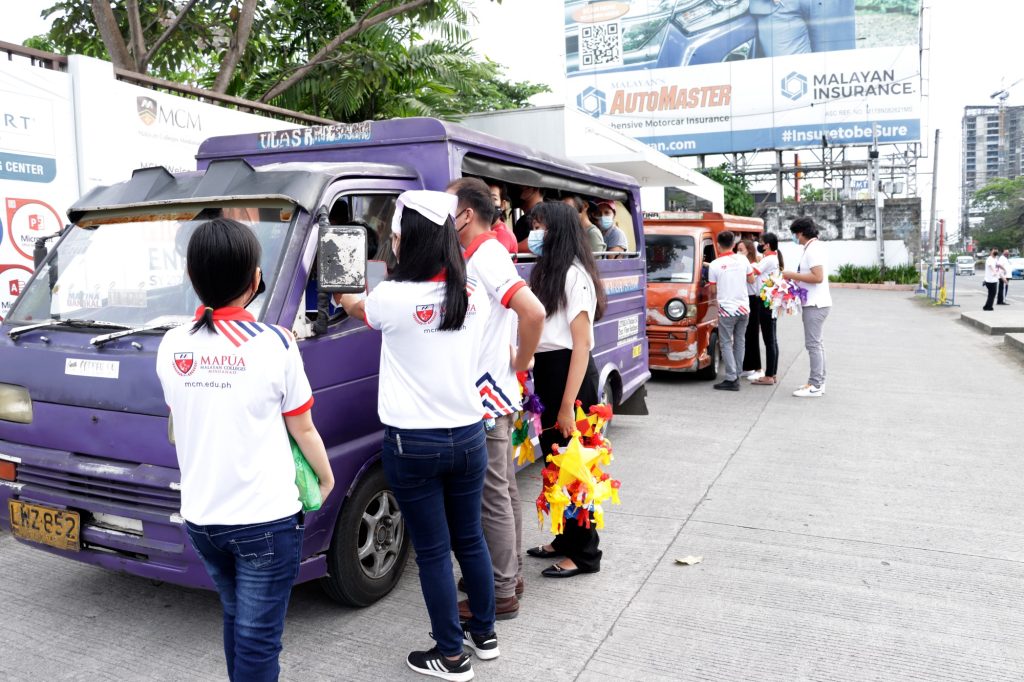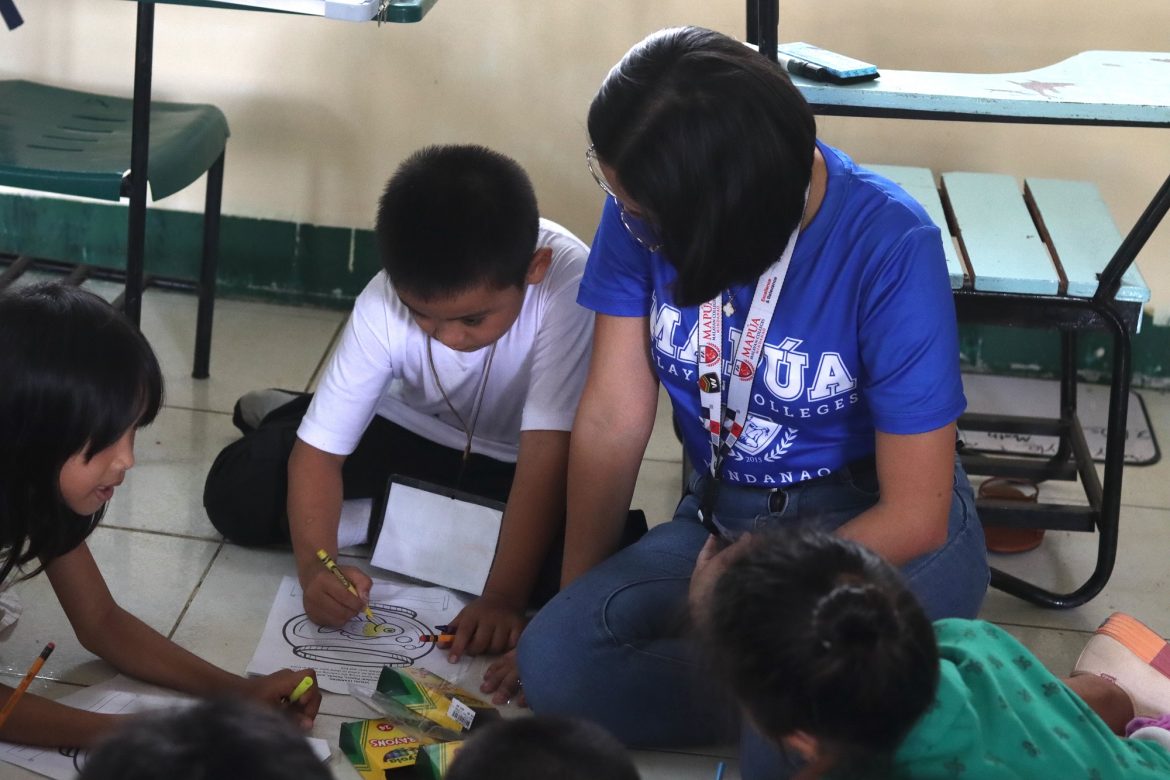CRITICAL thinking, computing, research, and communication are some of the skills students usually learn in college. However, institutions like Mapúa Malayan Colleges Mindanao (Mapúa MCM) are taking it a step further by training youth on social responsibility and sustainability, and consequently use their acquired knowledge to positively impact society.
Mapúa MCM, a branch of Mapúa University’s technological and academic excellence in Mindanao that was founded in 2015, has embedded social accountability and civic duty into its culture. Despite its one decade of existence, the institution has proactively spearheaded a number of corporate social responsibility (CSR) initiatives in Davao.
This school year alone, Mapúa MCM launched 26 community projects. Of all these, 19 were student-led while the remaining seven were institutional efforts organized by its Center for Service Learning and Community Engagement (CSCE). Included among these are ongoing learning programs Project H.E.L.P. (Help End Learning Poverty) and a Mass Tutorial, Sustainability Week, and the H.O.P.E. (Holding On to Positive Expectations) Gift Giving Activity.
“Mapúa MCM is not just a place for academic learning—it is also an incubator for future leaders. By emphasizing CSR and sustainability, we train students to think critically about their role in society so they can understand the impact of their decisions, in the world of business and the community,” said Marycon Delos Reyes, director for Mapúa MCM’s Center for Service Learning and Community Engagement (CSCE).
Delos Reyes further explained that consistent exposure to civic engagement and volunteerism develops a sense of civic responsibility among students apart from nurturing an attitude of service, collaboration, and empathy––values that are essential building blocks of resilient, stronger communities.
The school’s efforts to ignite community involvement in its campus seem effective as 1,275 students and employees collectively joined in the four abovementioned projects.
Its ongoing Project H.E.L.P. was at the forefront of this learning poverty alleviation program at Langub Elementary School in Davao City, which has 134 student and employee volunteers who help facilitate biweekly reading sessions to students from Grades 1 to 3. Now in its second year, the institution has already conducted six interactive reading intervention sessions using learner-centered materials that adopt Fleming’s (1987) VARK (Visual, Auditory, Reading/Writing, and Kinesthetic) teaching model.
To complement this, the institution has also been conducting a mass reading tutorial at New Matina Elementary School in Davao City. Led by the school’s National Service Training Program Department and High School Department, the ongoing remedial program is part of the Department of Education’s Catch-Up Fridays initiative at New Matina Elementary School for Kindergarten and Grade 1 pupils. To date, Mapúa MCM’s 1,087 student and employee volunteers have conducted 10 reading sessions to improve pupils’ literacy skills.
To kindle students’ interest in sustainability, the institution’s Center for Service-Learning and Community Engagement (CSCE) hosted its first-ever Sustainability Week themed “Fusion Forward: Towards a More Sustainable Mapúa MCM.” The event espoused collaboration among its student body and faculty as the campus strove to address the United Nations’ 17 Sustainable Development Goals, moving towards the year 2030.
At the same time, the college also organized the H.O.P.E. Gift Giving Activity. Now in its fifth year, this annual gift distribution led by CSCE uplifts jeepney drivers who ply the Mapúa MCM route.

All of these efforts have indeed left a mark on these young minds. Patrick Ivan M., Micabalo, a 22-year-old student of the Delta Batch (S.Y. 2021-2022) in the Bachelor of Science in Civil Engineering program and a Program H.E.L.P volunteer, agreed that CSR is an excellent avenue to hone and build character among the youth.
“Mapúa MCM organizes various activities to instill a sense of civic duty in students. These activities emphasize the importance of contributing to nation-building by highlighting the role of individuals in creating positive change,” said Micabalo.
Angelica B. Diaz, a 4th-year Bachelor of Science in Accountancy (BSA) student, added that school-led community activities have given her a sense of fulfillment and direction.
“I wanted to be part of the Program H.E.L.P. initiative because I believe in giving back to the community. The joy on the children’s faces when they received the supplies reminded me why it’s important to help others. My inspiration came from seeing how small efforts can make a big impact,” said Diaz.
She added that community-building efforts taught her and her peers to be compassionate and proactive. It also helped develop their leadership and organizational skills that are essential in real-life scenarios.
The university’s strategy of embedding CSR into its culture and curriculum is proof that civic duty and social responsibility do have a place and should be taught in every classroom.


